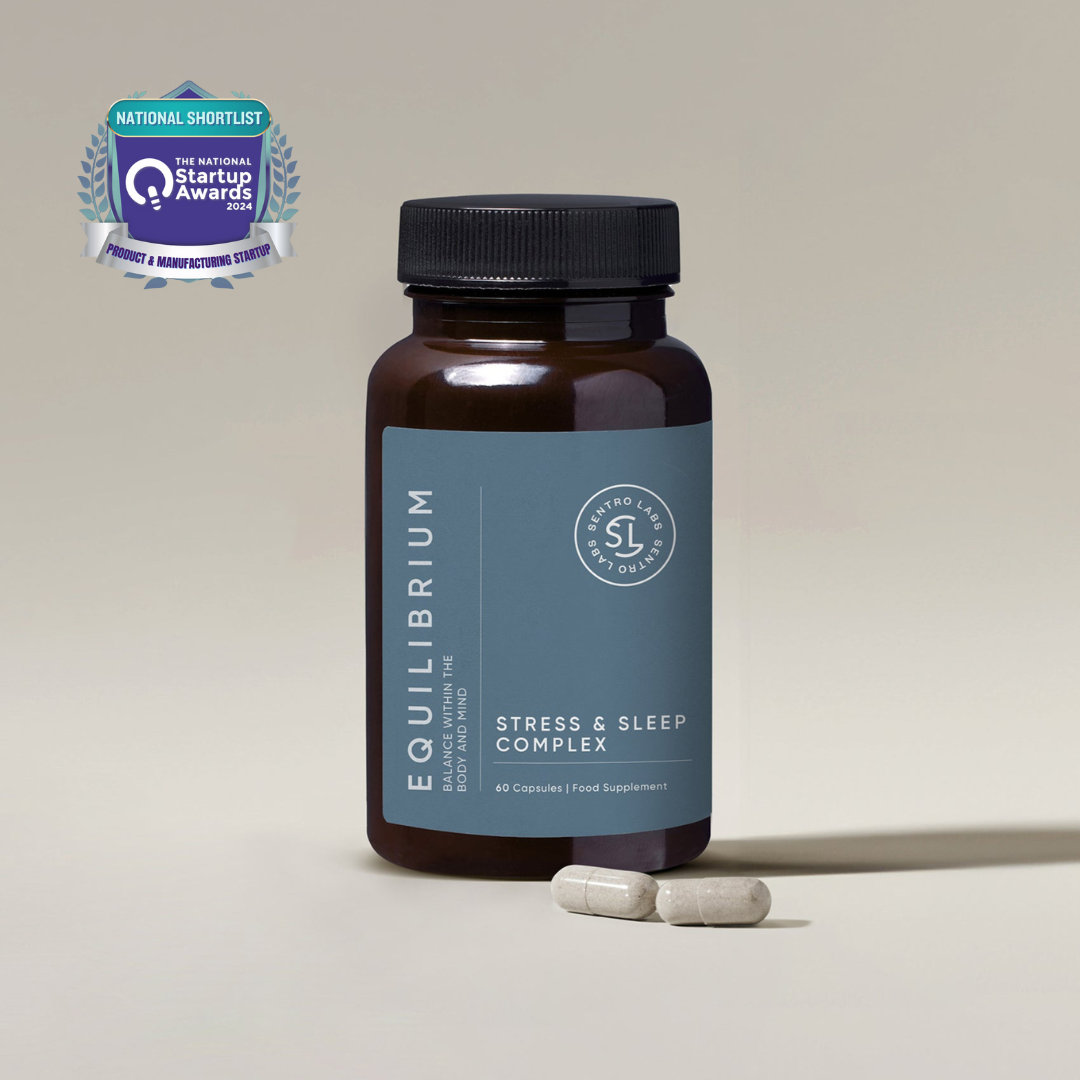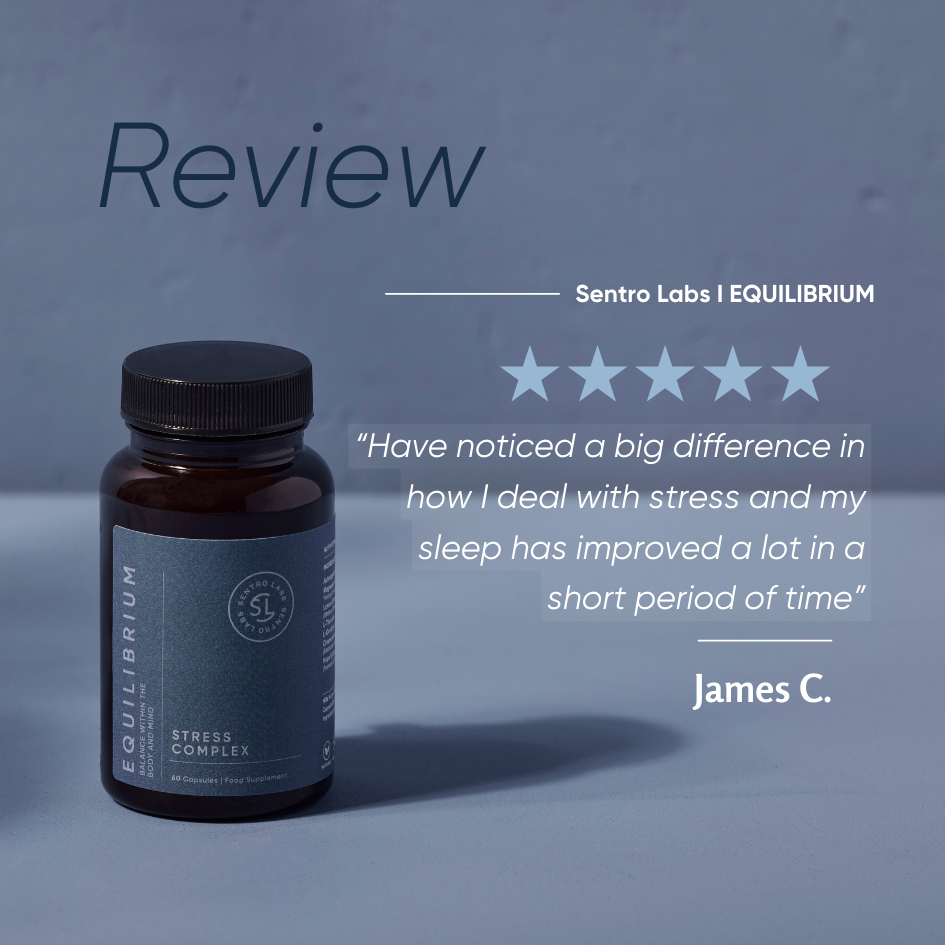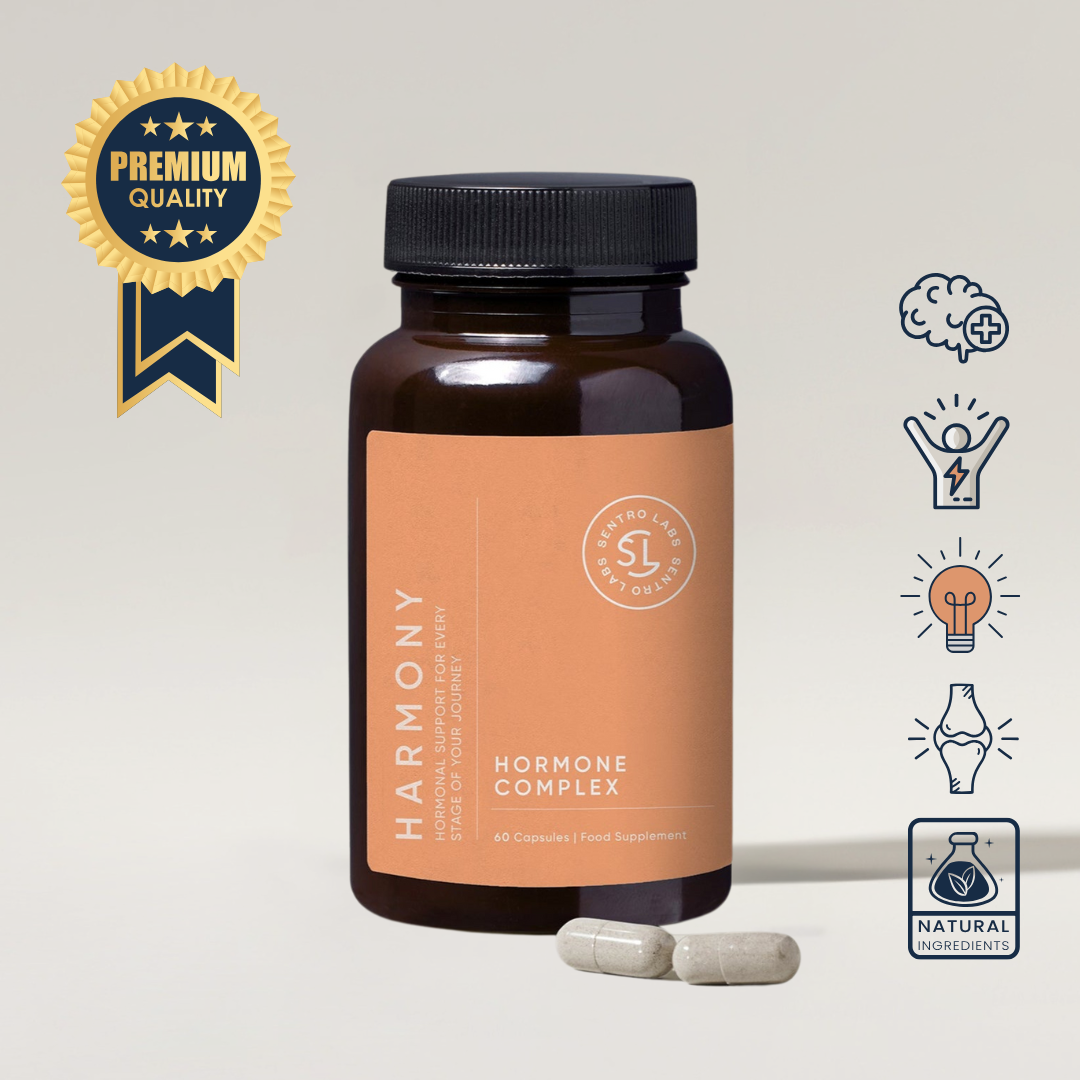Ashwagandha is a name that's been making waves in the health industry, with multiple users claiming it’s helped them feel at peace, support their weight loss, and improve their sleep. But what about this ancient herb is capturing the attention of wellness enthusiasts and medical news today?
From its historical use to its impact on the nervous system and its effects on the stress hormone cortisol, we'll unravel the mystery of this herb. We'll also show how Ashwagandha can help manage stress, improve sleep quality, and even boost energy levels.
What is Ashwagandha?
Ashwagandha is a plant that has been at the heart of herbal medicine for centuries. This evergreen shrub, native to India, Africa, and parts of Southeast Asia, is a potent health trend that has stood the test of time.
Known by various names, such as Indian ginseng and winter cherry, Ashwagandha is a powerhouse of benefits. It's a key player in the world of health and wellness, offering a natural solution to combat stress and anxiety, as well as promote overall health.
This potent plant, known for its stress relief properties, has been traditionally used to strengthen the nervous system and combat stress and anxiety by reducing the symptoms associated with high cortisol levels. Its roots and berries were ground into a paste, consumed as a tea, or used in topical treatments.
The use of Ashwagandha has evolved over time, but its core purpose remains the same - to promote mental health and resilience. Today, it's a popular supplement in the health and wellness industry, revered for its steroidal lactone - an active compound that contributes to its therapeutic effects.
Active Compounds and Their Actions
Ashwagandha, a cornerstone of herbal medicine, is packed with over 80 bioactive compounds. These include alkaloids, steroidal lactones, saponins, glycosides, and volatile oils. Each of these compounds plays a unique role in promoting health and wellness.
The medicinal prowess of Ashwagandha is primarily attributed to two key compounds: sitoindosides and withaferin-A. Sitoindosides, a type of steroidal saponin, and withaferin-A, a steroidal lactone, are the stars of the show. They are the primary drivers behind Ashwagandha's therapeutic actions.
These compounds collectively contribute to Ashwagandha's wide range of therapeutic properties. These include antimicrobial, anti-cancer, immunomodulatory, cardioprotective, antidiabetic, anti-inflammatory, antioxidant, sedative, and adaptogenic actions. This makes Ashwagandha a versatile addition to any health and wellness regimen.
Understanding the actions of these compounds helps shed light on how Ashwagandha influences cortisol levels, offering potential benefits for stress relief and overall mental health.
How Does Ashwagandha Affect the Brain and Nervous System?
Ashwagandha plays a crucial role in managing stress. It works by regulating the body's stress response, helping to maintain a balance in the nervous system. This herb is known to reduce cortisol levels, the body's primary stress hormone, thereby relieving stress. When cortisol levels are high, we tend to feel stressed and anxious. By helping to balance these levels, Ashwagandha can effectively reduce stress and promote a sense of calm.
In addition, Ashwagandha aids in improving the body's response to stress. It does this by enhancing the resilience of the nervous system, allowing it to cope better with chronic stress. This adaptogenic property of Ashwagandha makes it a popular choice for stress management.
Furthermore, Ashwagandha has been found to influence serotonin levels in the brain. Serotonin, often called the 'feel good' hormone, plays a significant role in mood regulation. By boosting serotonin levels, Ashwagandha can help alleviate feelings of stress and anxiety.
Understanding Cortisol and Its Impact on Health
Cortisol, often called the 'stress hormone', is produced by the adrenal glands in response to stress and low blood glucose levels. It plays a crucial role in our body's stress response and helps regulate metabolism, inflammation, and immune response. However, when cortisol levels remain high for an extended period, it can lead to various health issues such as anxiety, depression, heart disease, and weight gain.
Scientific studies have shown that chronic stress can lead to an overactive adrenal gland, resulting in an excessive production of cortisol. This can disrupt your body's natural balance, leading to a condition known as 'Cushing syndrome'. Symptoms include rapid weight gain, high blood pressure, osteoporosis, and changes in mood and behaviour.
Understanding your cortisol levels and how to manage them is essential for maintaining good health. High cortisol levels can be reduced through lifestyle changes such as regular exercise, a balanced diet, and adequate sleep. However, for some, these changes may not be enough.
Ashwagandha's impact on cortisol levels is backed by substantial scientific evidence. A systematic review conducted in 2023 analysed nine studies that measured serum cortisol levels in individuals under stress. The findings were compelling, showing that Ashwagandha supplementation for a period of 30-112 days resulted in a reduction of cortisol secretion by 11-32.63%.
Ashwagandha modulates the HPA axis, a complex set of interactions between the hypothalamus, pituitary gland, and adrenal glands. This modulation helps regulate the release of adrenocorticotropic hormone (ACTH) from the pituitary gland and cortisol from the adrenal glands, ultimately reducing cortisol levels and promoting a balanced stress response.
Ashwagandha's withanolides and sitoindosides have been found to exert anti-anxiety effects by modulating neurotransmitter activity in the brain. These neurotransmitters, such as serotonin, gamma-aminobutyric acid (GABA), and norepinephrine, play a crucial role in regulating mood, emotions, and the body's stress response.
However, it's important to note that the dosage of Ashwagandha used in these studies varied. Therefore, it's essential to consult with a healthcare professional to determine the appropriate dosage for your specific needs. Overdosing on Ashwagandha can lead to adverse effects, such as gastrointestinal issues, and underdosing may not provide the desired cortisol reduction.
The duration of Ashwagandha supplementation also plays a significant role in its effectiveness. The studies included in the systematic review showed that a minimum of 30 days of consistent supplementation was necessary to observe a significant reduction in serum cortisol levels.
Integrating Ashwagandha into Your Wellness Routine
Incorporating Ashwagandha into your wellness routine can be a game-changer. This powerful adaptogen, revered in functional medicine, can support patients in managing stress and promoting overall health and wellness.
But it's not just about popping a pill. Integrating Ashwagandha into your routine involves understanding the right dosage, consistency, and complementary lifestyle practices. Let's delve into how you can make the most of this ancient herb.
Supplementation Guidelines for Ashwagandha
- Start Small: Begin with a low dosage of Ashwagandha, typically around 250-500mg daily. This allows your body to adjust to the new supplement.
- Consistency is Key: Ashwagandha is most effective when taken consistently. Aim to incorporate it into your daily routine, perhaps by taking it at the same time each day.
- Monitor Your Response: Monitor how your body responds to the supplement. If you notice any adverse effects, consider adjusting your dosage or consulting with a healthcare professional.
It's always important to consult a healthcare professional before starting any new supplement regimen.
Complementary Lifestyle Practices
Incorporating Ashwagandha into your wellness routine isn't just about supplementation. It's also about adopting complementary lifestyle practices that enhance its benefits. Here are a few suggestions:
- Stress Management: Regularly engage in activities that reduce stress, such as yoga or meditation. These practices can help lower cortisol levels, enhancing the stress-reducing effects of Ashwagandha.
- Healthy Diet: A balanced diet rich in fruits, vegetables, lean proteins, and whole grains can support overall health and wellness, making your body more receptive to the benefits of Ashwagandha.
- Regular Exercise: Regular physical activity can boost your mood, improve sleep, and reduce anxiety. Combined with Ashwagandha, it can help create a more holistic approach to wellness.
These practices are not a substitute for professional medical advice. Always consult with a healthcare provider before starting any new wellness routine.
Potential Risks and Considerations of Ashwagandha
While Ashwagandha is generally considered safe for most people, it's crucial to be aware of its potential risks and side effects. Some individuals may experience mild side effects such as upset stomach, diarrhoea, and drowsiness.
Ashwagandha may interact with certain medications. For instance, it can enhance the sedative effect of central nervous system depressants, which could lead to excessive drowsiness or lethargy. Ashwagandha may also affect blood sugar levels. This is particularly important for individuals on diabetes medication, as it could potentially lead to hypoglycemia.
Pregnant and breastfeeding women are advised to avoid this herb due to potential risks. The herb's immune-stimulating effects may exacerbate pre-existing autoimmune diseases, making it unsuitable for individuals with such conditions.
Ashwagandha's potential to increase testosterone levels also raises concerns for those with hormone-sensitive prostate cancer.
It's always recommended to consult with a healthcare professional before starting any new supplement regimen, including Ashwagandha. This will help ensure the herb's safe and effective use.
Key Takeaways on Ashwagandha and Cortisol
Ashwagandha is a potent herb with a rich history in traditional medicine. Its ability to reduce cortisol levels and relieve stress is backed by scientific evidence, making it a valuable tool in managing mental health and improving sleep quality.
Remember, while Ashwagandha can support patients in managing stress and anxiety, it's not a substitute for professional medical advice. Always consult with a healthcare provider before starting any new supplement regimen, especially if you have chronic health conditions or are taking other medications.
Feeling overwhelmed by the daily grind? It's time to restore your equilibrium with Sentro Labs' Ashwagandha supplement, specially formulated to combat stress, boost your mood, and enhance your overall well-being. With just two capsules daily, you can embrace the calm and focus you need to conquer your busy life. Don't let stress hold you back—experience the difference with Sentro Labs.
Ready to take control? Click here and start your journey to a more balanced you!



















Share:
Boost Testosterone & Performance: Ashwagandha Benefits for Men's Health
What Are the Three Major Stress Hormones?